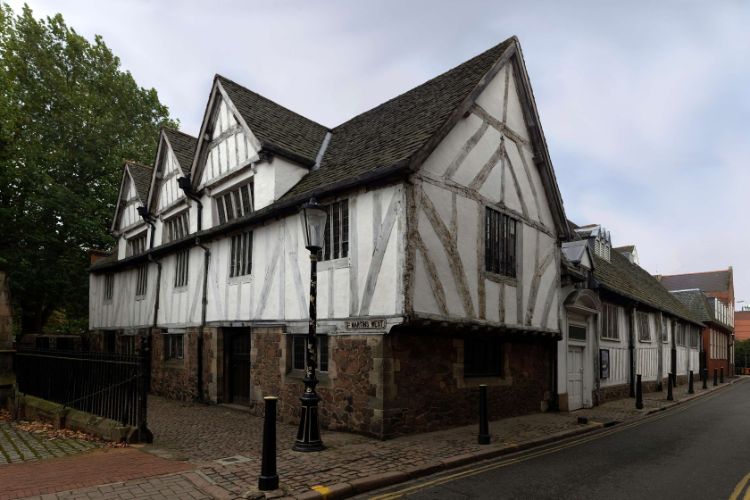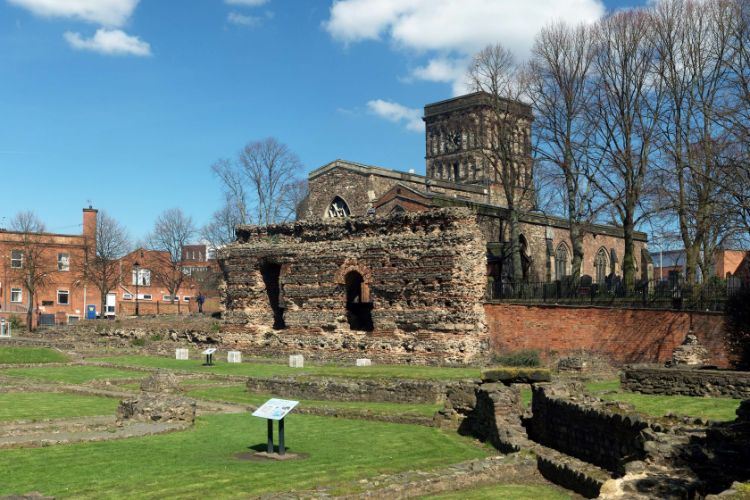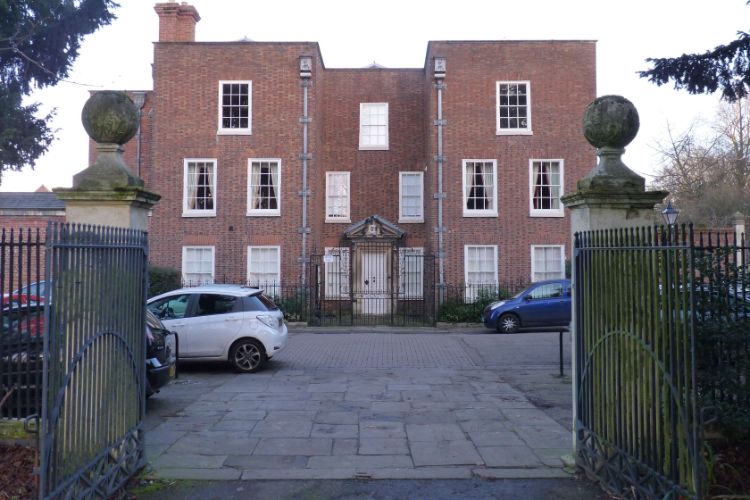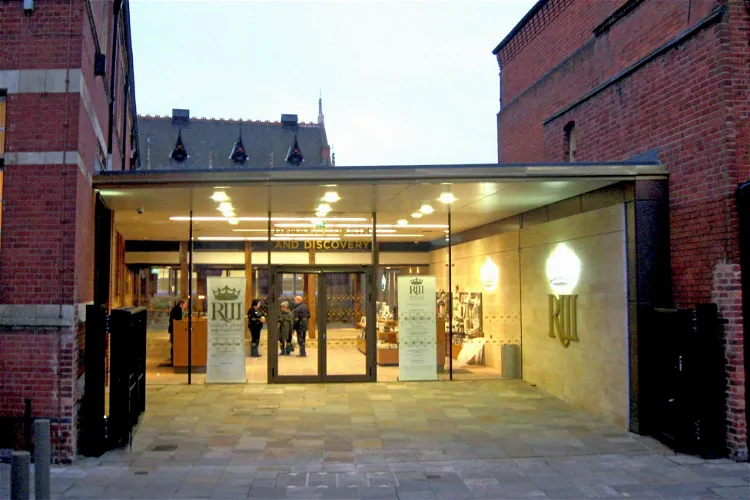Are you interested in exploring historic homes? Here are the must-see historic houses in Leicester:

The Guildhall
LeicesterThe Guildhall in Leicester, England, is a historical building with a rich past. Its timber-framed structure dates back to around 1390, making it one of the oldest buildings in the city. This architectural gem once served as the town hall for Leicester until 1876. Today, it stands as a testament to the city's medieval history, offering visitors a glimpse into the past.
Jewry Wall Museum
LeicesterThe Jewry Wall is a significant Roman archaeological site located in Leicester, England. It is the remnants of a public building, specifically baths or public baths, that date back to around 150-160 AD. This historical site provides a glimpse into the Roman era and the architectural practices of the time.
Belgrave Hall and Gardens
LeicesterBelgrave Hall, located in Leicester, is a Grade II listed building that showcases the Queen Anne style of architecture. It was constructed between 1709 and 1713 by Edmund Cradock, a hosiery merchant from Leicester. The hall stands as a testament to the architectural prowess of the time and offers a glimpse into the lifestyle of the affluent merchant class of the early 18th century.
King Richard III Visitor Centre
LeicesterThe King Richard III Visitor Centre is a museum located in Leicester, England. It is dedicated to the life of King Richard III and the history of the discovery, exhumation, and reburial of his remains between 2012 and 2015. The centre opened its doors on July 26, 2014, on the site of the recently excavated Greyfriars, the medieval friary where the king was buried in 1485 after his death in the Battle of Bosworth.